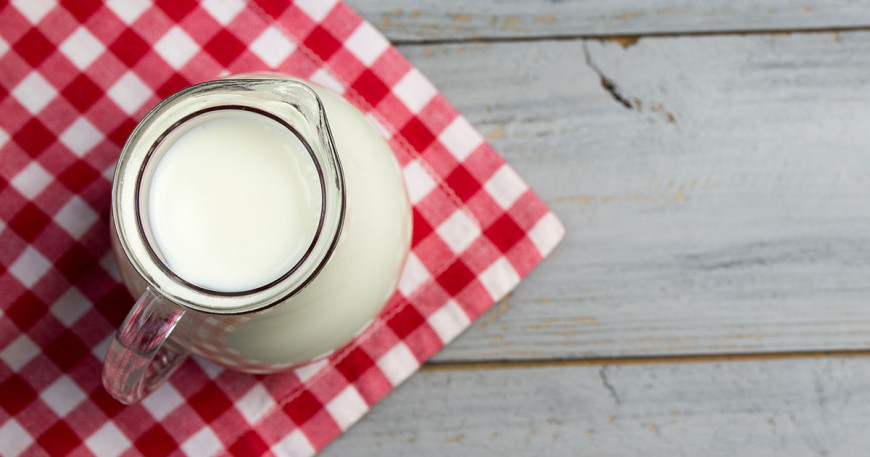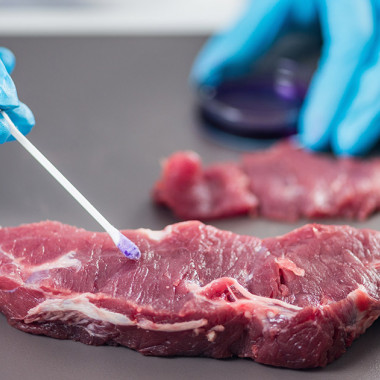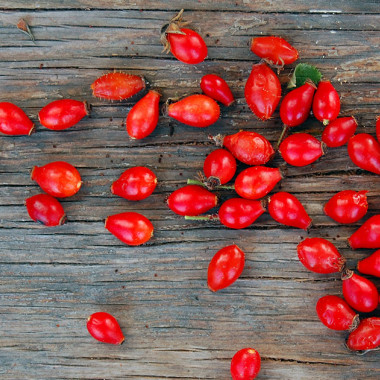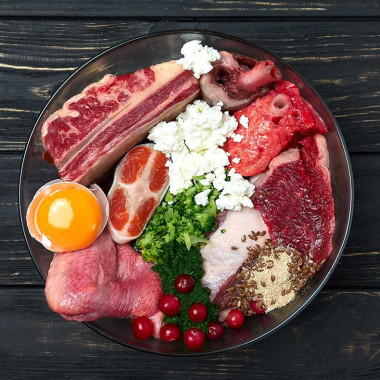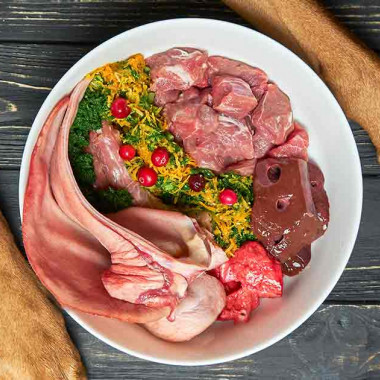Meat serves as the primary source of protein for dogs. Animal proteins for dogs can also be supplemented with dairy products, including buttermilk.
Digestion of Milk Sugar
Lactose can only be digested by puppies and young mammals, as milk serves as the exclusive source of nutrients during the first few weeks of life. For adult dogs, it is not recommended to feed them cow's milk because the enzyme lactase (which breaks down milk sugar) loses its activity as the dog ages, rendering it unable to digest lactose. However, in some dogs, the enzyme continues to function, and feeding them cow's milk does not lead to diarrhea. Safer and more suitable options are sheep's or goat's milk. Dairy products, especially those containing lactic acid bacteria, convert lactose into lactic acid. These products include yogurt, acidophilus milk, kefir, cream, or sour buttermilk.
Buttermilk
Buttermilk is the liquid leftover from the process of making butter. Since the fat forms into butter during production, buttermilk contains very little fat. However, it is rich in proteins, vitamins, and minerals. The lactic acid bacteria act as probiotics, protecting and strengthening the body against pathogenic microorganisms. They produce lactic acid, which lowers the pH in the digestive system, creating unfavorable conditions for harmful bacteria. Lactic acid bacteria are added during the production of sour buttermilk. Sweet buttermilk retains its lactose content, making it unsuitable for dogs.
Vitamins
Buttermilk is rich in vitamin C, B-group vitamins, and vitamin A.
Minerals
Buttermilk contains calcium, potassium, phosphorus, iron, and magnesium.
Buttermilk proteins consist of many essential amino acids. These essential amino acids protect liver cells, and some are vital for brain function. One of the important amino acids in buttermilk is taurine, which lowers cholesterol levels and regulates calcium levels in the body.
Lecithin (a phospholipid) is excellent for supporting brain function and regulating cholesterol levels in the blood. Buttermilk’s anticancer effects come from linolenic acid.
From a nutritional standpoint, buttermilk is more valuable than milk, and due to its high content of health-promoting substances, it is recommended to include it in your dog's diet.
